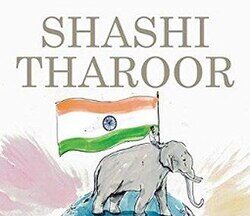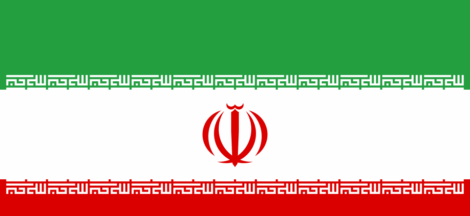In a strategic move ahead of the upcoming Uttar Pradesh Assembly elections, the Bharatiya Janata Party (BJP) has announced its intention to concentrate efforts on solidifying support from the Other Backward Classes (OBC) and Dalit communities. This decision comes as part of the party’s broader electoral strategy to strengthen its social coalition base in the crucial state.
The BJP’s focus on the OBC-Dalit coalition underscores its recognition of the significant role these communities play in determining electoral outcomes in Uttar Pradesh, where caste dynamics often heavily influence voting patterns. By targeting these communities, the party aims to broaden its appeal beyond its traditional support base, particularly in rural and semi-urban areas where OBCs and Dalits constitute a substantial portion of the electorate.
Key leaders within the BJP have already begun outreach initiatives aimed at addressing the concerns and aspirations of OBC and Dalit voters. This includes highlighting the government’s initiatives and policies aimed at socio-economic upliftment and empowerment of these communities. Additionally, efforts are underway to incorporate local leaders and influencers from these communities into the party’s campaign machinery, in order to enhance connect and resonance at the grassroots level.
Political analysts view this move by the BJP as a strategic necessity, given the complex electoral landscape of Uttar Pradesh, where alliances and shifting loyalties among various caste groups can significantly impact electoral outcomes. The party’s emphasis on consolidation of the OBC-Dalit social coalition reflects its proactive approach to securing a robust voter base that could prove decisive in the upcoming elections.
As preparations intensify in the run-up to the polls, all eyes will be on how effectively the BJP’s strategy translates into electoral gains among OBCs and Dalits, amidst competition from other political parties also vying for their support. With Uttar Pradesh being a key battleground state, the outcome of these efforts could have far-reaching implications not only for state politics but also for the national political landscape.




 Donald Trump Injured in Rally Assassination Attempt
Donald Trump Injured in Rally Assassination Attempt 